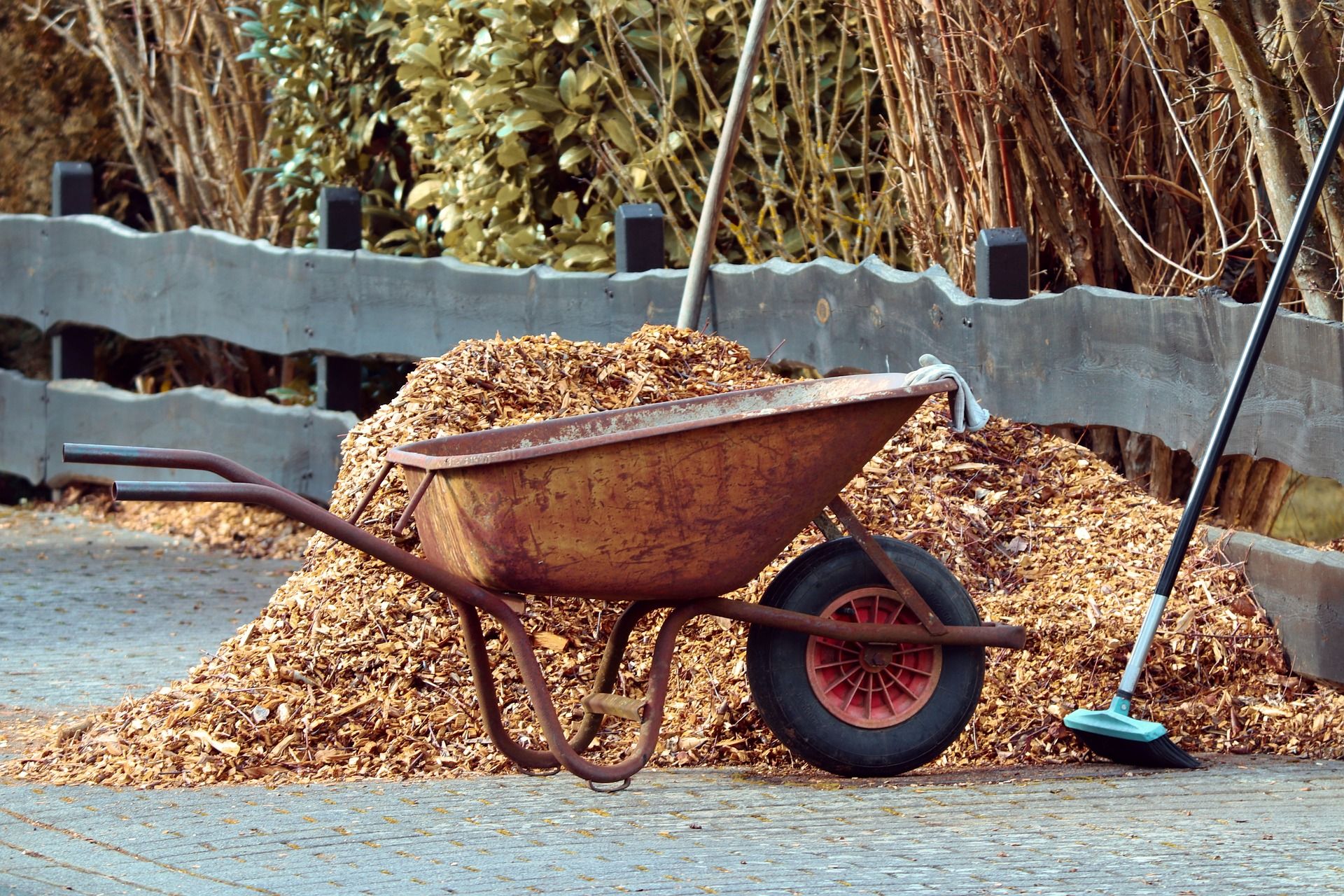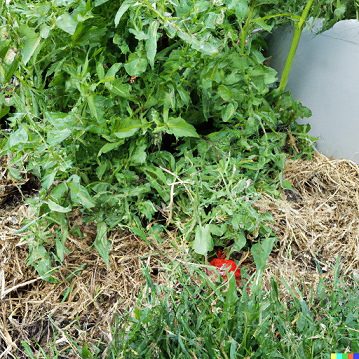The Benefits of Using Mulch in Your Garden: Tips on Sourcing and Applying Mulch for Healthier Soil

Mulch is one of the most underrated elements in a garden. It is the unsung hero that can significantly improve soil health, retain moisture, suppress weed growth, and add an aesthetic appeal to any garden. In this post, we will discuss the importance of mulch and how you can find and use it in your garden.
Why Mulch is Important
Mulch is essential for retaining moisture in the soil. It acts as a barrier between the soil and the sun, preventing water evaporation, and keeps the soil moist for a longer period. The moisture retention property of mulch is particularly important during hot and dry spells when water is scarce.
In addition to moisture retention, mulch also helps to regulate soil temperature. It keeps the soil cool during hot weather and warm during cold weather, making it an ideal growing environment for plants.
Mulch is also a natural weed suppressant. It forms a barrier that prevents weed seeds from germinating and growing, reducing the need for chemical herbicides. Mulching also reduces soil erosion by slowing down water runoff and keeping the soil in place.
Types of Mulch
There are several types of mulch, including organic and inorganic mulch. Organic mulch is derived from natural materials like leaves, grass clippings, wood chips, and straw. Organic mulch breaks down over time, adding nutrients to the soil and improving soil health.



Inorganic mulch, on the other hand, is made from materials like rocks, stones, and plastic. While inorganic mulch does not decompose, it also does not add any nutrients to the soil.
Sources of Mulch
Finding sources of mulch is relatively easy, and you can find it in various locations around your garden, neighborhood, or local nurseries.
Leaves are an excellent source of mulch. You can rake them up in the fall and use them as mulch in your garden. Leaves break down quickly and add nutrients to the soil.
Grass clippings are another excellent source of mulch. When mowing your lawn, leave the clippings on the grass and let them decompose. You can also rake up the clippings and use them as mulch around your plants.
Wood chips are an excellent source of organic mulch. You can purchase them from a local nursery or tree service company, or you can make them yourself by chipping branches and twigs.
Straw is another organic mulch source that is widely available. Straw is ideal for mulching vegetable gardens, as it decomposes slowly and adds nutrients to the soil.
Inorganic mulch, such as rocks and stones, can also be found at local nurseries or landscaping companies. Plastic mulch is another option, but it is not environmentally friendly and does not add any nutrients to the soil.
Tips for Using Mulch
When using mulch, it is essential to apply it correctly. If mulch is too thick, it can suffocate plant roots and prevent air and water from reaching them. If it is too thin, it will not provide adequate moisture retention or weed suppression.
To apply mulch, spread it evenly around plants, making sure to leave a few inches of space around the stems. Apply a layer of about 2-3 inches of mulch to ensure proper moisture retention and weed suppression.
Mulch is an essential element in any garden, providing many benefits to plant growth and soil health. It is important to use the right type of mulch and apply it correctly to ensure maximum benefit. By using mulch, you can improve the health of your garden while reducing your workload and water usage. So start mulching today and watch your garden flourish!
